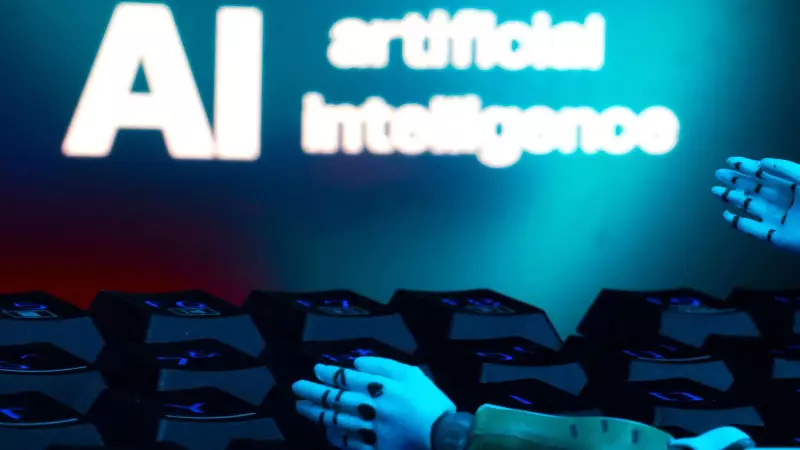
The United States is experiencing an unprecedented artificial intelligence revolution, but this technological gold rush is creating significant ripple effects across the broader economy. As billions pour into AI development, other sectors are feeling the squeeze in unexpected ways.
The Great Resource Shift
America's AI boom is acting like a massive economic vacuum cleaner, pulling capital, talent, and attention away from traditional industries. Venture capital firms are redirecting their portfolios toward AI startups, while established tech giants are shifting their research and development budgets dramatically toward artificial intelligence projects.
Talent Drain Across Industries
The competition for AI expertise has created a war for talent that's impacting multiple sectors. Top engineers, data scientists, and researchers are being lured by astronomical salary packages and stock options from AI companies, leaving other technology fields and even non-tech industries struggling to retain skilled professionals.
Investment Patterns Transform
Financial markets are showing clear signs of this shift. While AI stocks soar, other sectors are experiencing reduced investor interest. The concentration of wealth and resources in AI is creating what some economists call a "two-speed economy" – one moving at lightning pace, the other struggling to keep up.
Infrastructure and Energy Demands
The AI revolution isn't just about code and algorithms – it's creating massive physical demands. Data centers are expanding at an unprecedented rate, consuming enormous amounts of energy and putting pressure on power grids. This infrastructure boom is driving up costs for other businesses and potentially crowding out other infrastructure investments.
Global Implications
While the US leads the AI charge, the economic effects are being felt worldwide. Other nations are scrambling to keep pace, creating global competition for the same limited pool of resources and talent. This could reshape international economic relationships and trade patterns for years to come.
The Productivity Paradox
Interestingly, despite massive investments in AI, overall productivity growth hasn't shown the expected surge. This disconnect suggests that while AI is transforming specific sectors, the broader economic benefits might take longer to materialize than optimists predicted.
The AI revolution promises incredible technological advances, but its economic side effects are becoming increasingly apparent. As America charges forward in the artificial intelligence race, the rest of the economy is learning to adapt to this new reality – for better or worse.





